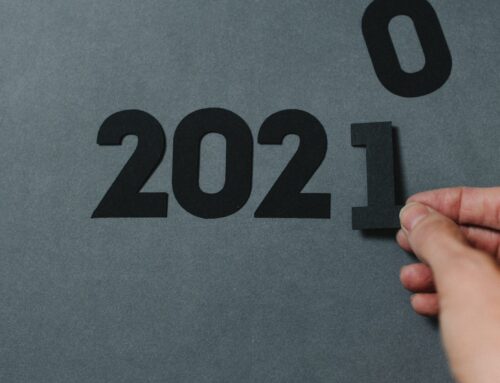Congratulations to the Association of Continuing Legal Education (ACLEA) on its 50th anniversary and 99thconference—a commendable achievement and remarkable milestone! Having been a member since 2000 and President since August of 2013, I’ve attended 17 conferences, but have to say that I found the 2014 Mid-year meeting especially notable. Perhaps it was the conference’s significance in the history of the association, or perhaps it was a blog post a fellow ACLEA member forwarded to me right after the conference that helped me appreciate how far the continuing legal education industry and its professionals have come, and see the work that still needs to be done.
The amount of progress still to be made was highlighted in a blog on the Lawyerist, Bar Associations are Failing Lawyers. While I won’t recap the entire article, the author’s argument about bar associations’ slowness to accept technological changes resonated with me. By avoiding change and technological advances, by not looking for ways to bring membership online, bar associations run the risk of becoming irrelevant to their members.
The demographics of association memberships are changing, and with these changing demographics come changing expectations. One of the most notable areas of change is in how younger members want their CLEs—online. More and more lawyers are using different components of online education in law school, and expect similar, if not better, online CLE options from their bar associations. To be clear, this expectation is not limited to younger members. Baby Boomers have fully embraced technology, including the delivery of online CLE, because it is a convenient way to consume high-quality CLE.
These changing membership expectations were reflected in the topics at the most recent ACLEA conference. Sessions this year focused on combining in-person and online courses in blended classrooms, on instructional design that incorporates interactive tools, and on utilizing social media for member communities and marketing.
The continued popularity of sessions focusing on using technology heartens me. It makes me believe that while some bar associations may be in denial, a great number are ahead of the curve. They are embracing technological advances and turning the ability to offer online continuing education into a source of non-dues revenue. ACLEA has done, and will continue to do, a fabulous job training all CLE professionals—those associated with bar associations and those with other CEL providers—to stay ahead of the online CLE curve. I am proud to be a part of such a thriving community.






